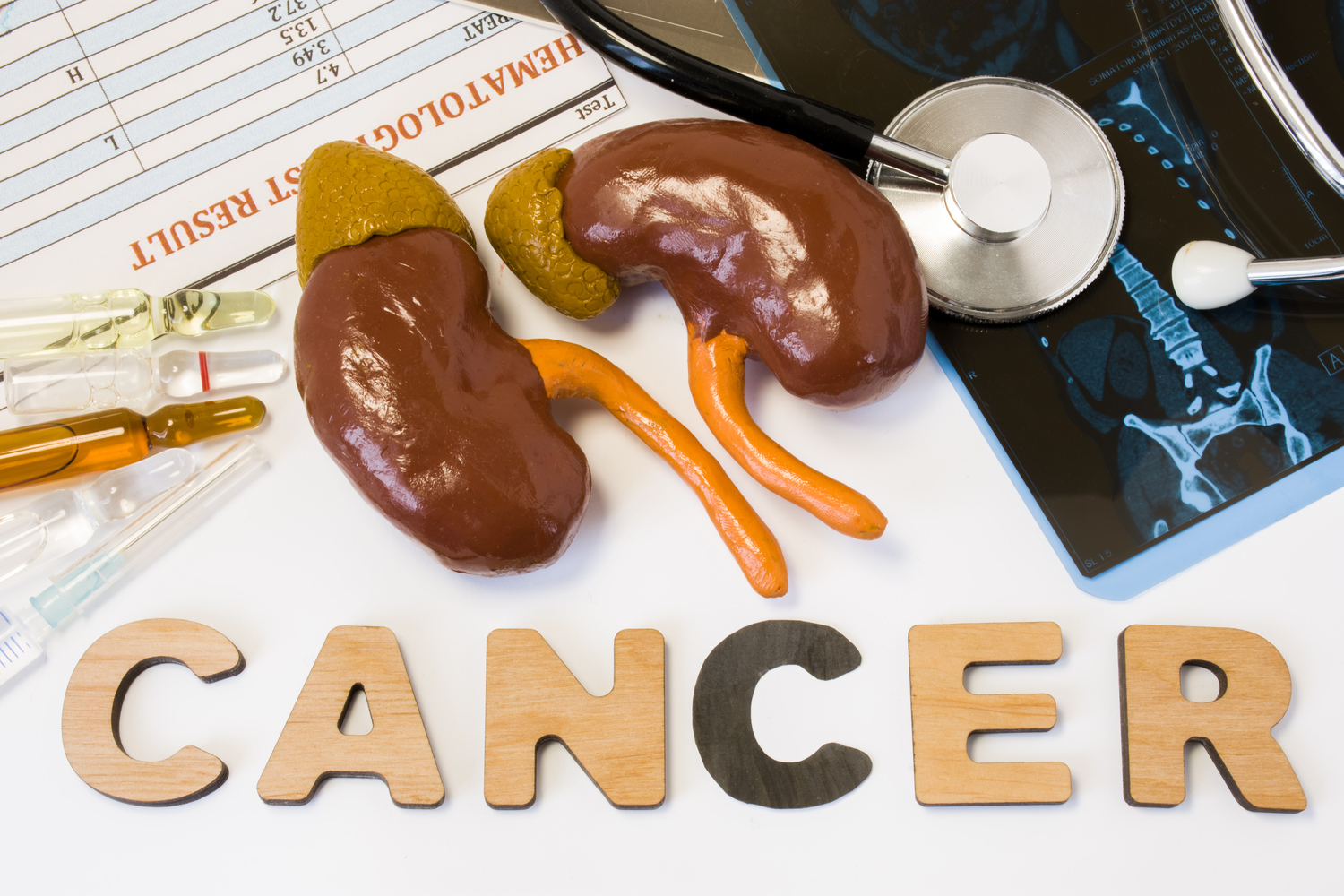
What to Know About Kidney Cancer
If you notice the symptoms associated with kidney cancer, it is advised to consult a doctor, especially a urologic oncologist, to help you diagnose and treat the condition you may be suffering from. It is only common to have a lot of questions regarding the disease and its progression, but it is also necessary to understand the treatments available for renal/kidney cancer. It is best to meet with a doctor and have a face-to-face discussion about the disease and all the steps involved to treat it.
It is always good to know all about the condition so that you are prepared for what comes next mentally and physically to help you lead a better life.
1. Signs and symptoms of kidney cancer
Some of the major and significant symptoms that help detect kidney cancer are blood in urine, pain on the sides of the lower abdomen, extreme weight loss for no apparent reason, fatigue, and a loss of appetite. Most doctors choose treatments for renal/kidney cancer based on these signs and symptoms. They also give the necessary medications and suggest surgeries if needed.
2. Diagnosis of the disease
In most cases, kidney cancer remains undetected or is detected accidentally when detecting other conditions. The symptoms of kidney cancer mostly remain hidden, but if the disease gets to the early stage, you might experience pain in the abdomen area, a lump in a side abdomen, excessive weight loss, etc. Also, you can face the problem of high levels of hemoglobin and high blood pressure.
After doing certain tests, like CT scans, the doctor can gauge how much the condition has spread to any other organ. The doctor would also suggest surgery if necessary so that it doesn’t cause any problems later on.
3. Treatments
The treatments for renal/kidney cancer depend on the condition of the disease and the patient. If the doctor feels that the cancer has not spread from the kidney, he or she would suggest a surgery to help remove the tumor. Alternatively, if the doctor feels that the disease has spread to other organs of the body, then surgery is done at first to remove the detected cells. Later, immunotherapy may be suggested.
4. Prevention
It is surely not possible to avoid every disease, but there are plenty of ways to help lower the risk of developing kidney cancer. Even if you get affected by the disease, medical science has come up with different treatments for renal/kidney cancer which can help you fight the disease. You must avoid smoking and instead work out regularly and keep a regular check on your blood pressure, as it helps avoid the risk of kidney cancer.
These are some things necessary to know about kidney cancer. Always speak to a doctor about any symptoms, so that they can suggest the best treatment option available.


